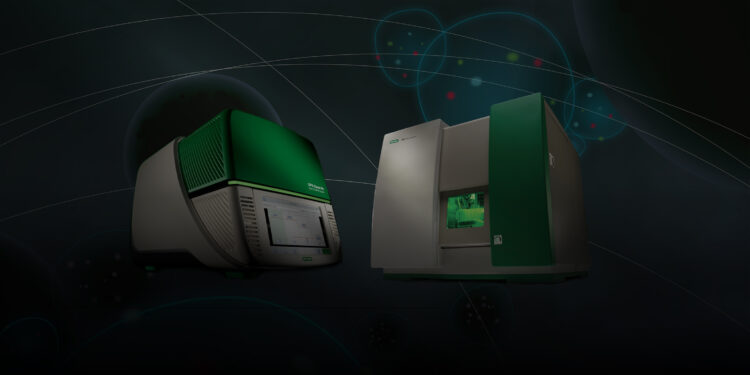
Compliance and Regulations for Flow Cytometry in Drug Discovery: Webinar Series

Vive la Différence: The Beauty of Diversity in Life, Life Science, and Flow Cytometry

Biotherapeutic Antibody Discovery at Bio-Rad’s New Center for Excellence

Cytometry in Drug Discovery: An Introduction to Regulation, Standardization, and Productivity

10 Key Factors for Achieving Accurate Cell Counts: Tips, Tricks, and Myths

Coming Together Is the Beginning: Working Together Is the Success

Faster PCR and Flow Cytometry Highlighted in Annual Lab Automation Roundup

Flow Cytometry and the Law of Bottlenecks

Rising from the Ashes: The History of the 488 nm Laser


